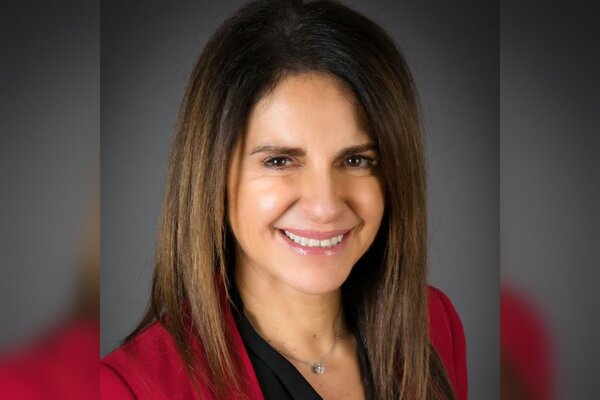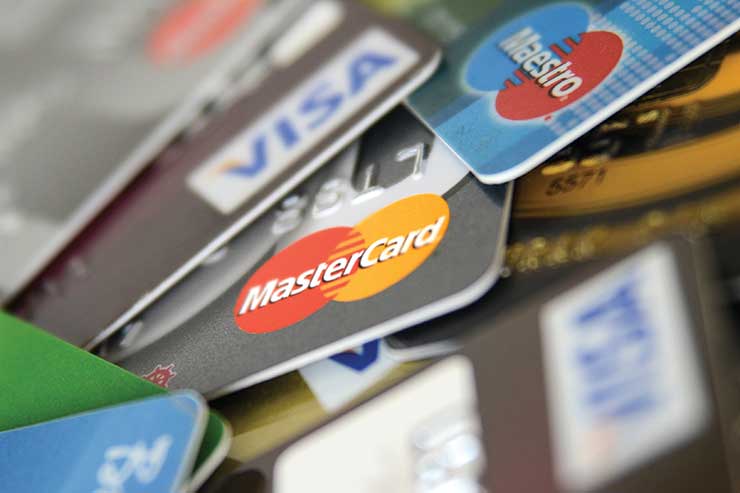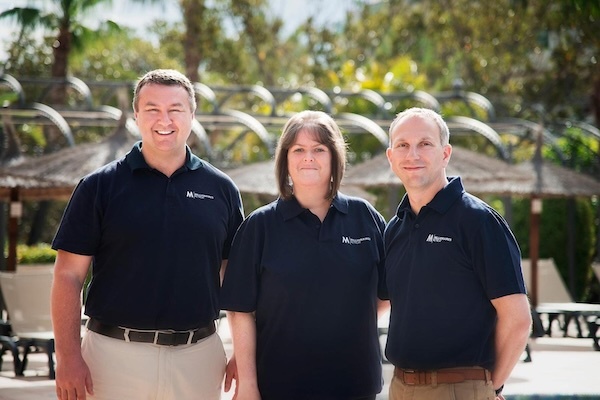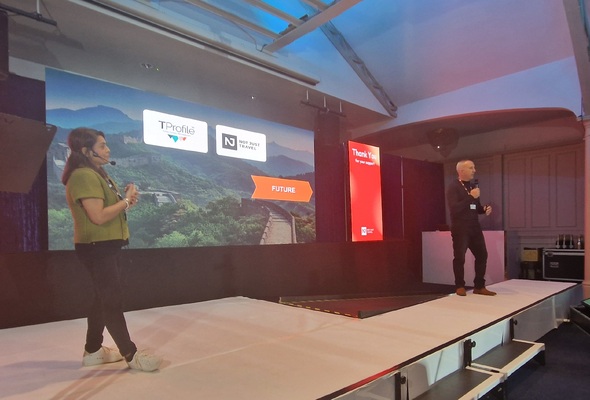'Chargebacks are here to stay; agents must learn to manage them'
Travel agents felt the full force of customers pursuing chargebacks during the pandemic, the process whereby a cardholder disputes a payment – often leading to that individual being reimbursed directly by their issuing bank.
Unfortunately, these payments have to be covered by the merchant – and in travel, this is often the agent – if they offered services directly to a customer. And as a result of the disruption experienced by travellers during the pandemic, the issue has grown in prominence over recent years. But contesting them can be more manageable than you might think.
Outpayce by Amadeus recently surveyed nearly 50 travel industry leaders across the airline and agency sector, and found that 71% of companies have experienced an increase in chargebacks over the past few years – year-on-year growth of 30%. Sadly, our research suggests this heightened level of chargebacks isn’t simply a pandemic phenomenon.
There are obvious negative implications for travel agents; loss of revenue, having to devote more time and resource to these disputes, and difficulties collating the necessary evidence to contest these chargebacks. So why hasn’t the problem abated?
What started as a method of obtaining a cash refund appears to become muscle memory for travellers seeking a quick and easy way to get their cash back without going through the traditional processes.
Research suggests clients are now more aware of their right to raise a chargeback, and that it is easier than obtaining a refund through dialogue with their agent or supplier. The simplicity of issuing refunds directly to customers by the travel agent has been replaced with costly card scheme dispute mechanisms at the expenses of merchants.
With the majority of millennials – 60%+ – already using mobile banking, it’s not surprising there is a growing perception that initiating chargebacks is a simple task.
While there is little logic in contesting a chargeback when the evidence supports the client, many agents are facing requests for chargebacks when they aren’t at fault – and contesting them requires a strong knowledge of the dispute process to effectively collate and provide evidence. Success rates in travel are low — only 25% of travel businesses succeed when contesting chargebacks.
However, we do have advantages in the travel industry. Clients are required to present travel documents on their journeys. Unlike other industries, there can be little ambiguity about whether or not they checked into a hotel or boarded an aircraft — proofs strengthened by technologies like biometrics at key passenger and payment touchpoints.
Although travel records enrich the necessary payment information required to contest a chargeback, the agent must prove the rightful cardholder made the original payment and that payment was authorised. If this isn’t possible, then it’s unlikely their contest will be successful.
Collaboration key
Thankfully, new Strong Customer Authentication (SCA) requirements mean two-factor authentication is required, and agents should have ready access to these proofs via their payment technology partner. Many partners provide IT systems across a client’s journey — from booking to the airport. If required, they can access and provide technical proof across a traveller’s journey.
For example, the departure control system of an airline records whether a specific passenger has checked in or boarded the aircraft. A payment partner will have a record of the original payment having been authorised and the authentication that took place. Combining payment and travel proofs and making them readily available when a chargeback is received, makes it possible for travel businesses to easily gather the evidence needed to contest the majority of chargebacks.
Yet, two-thirds of agents still find it difficult to collaborate with suppliers sufficiently well to collect the evidence they need. Collaboration should help the travel industry manage the growth of chargebacks sustainably. As customer awareness of the dispute process grows, there is little reason to expect it to subside.
Agencies have an opportunity to approach the chargeback process as they would any other critical revenue function across their organisation. Just like other areas of customer service and retailing, it’s possible to outsource and automate many aspects of chargeback management. Working with a third party to contest claims will free up time and resources, and technology providers should already have data offering proof of whether a customer travelled or not.
If an airline processes the payment, agents will have to work to gather information and then provide it to them and vice versa if the agent processes the payment – a lot of work for both businesses.
Chargeback management solutions can offer airlines and agents a one-stop shop to relieve from the burden of collating the necessary data whilst maintaining visibility and access reports to monitor and view chargebacks’ status and activities.
With travel bouncing back, it might be worth considering consulting with your supplier partners about optimising information sharing between parties, including airlines, leaving you free to provide the exceptional customer experience that forms the backbone of travel.
Tania Platt is senior vice-president – commercial at Outpayce from Amadeus.
Sign up for weekday travel news and analysis straight to your inbox
Supplier Directory
Find contacts for 260+ travel suppliers. Type name, company or destination.
















